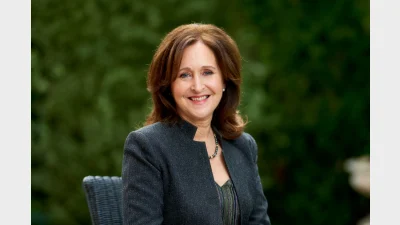AustralianSuper’s balanced option returns 12.44%



AustralianSuper’s balanced option has returned 12.44 per cent after taxes and fees for the 2016/17 financial year thanks to global equity markets performing well.
The industry superannuation fund said the stronger global economy was supported by solid results from other diversified assets such as infrastructure.
The fund said this was the eighth consecutive year of positive returns since the global financial crisis and the fourth year out of five that the fund had delivered double digit returns for members.
AustralianSuper chief executive and chief investment officer, Mark Delaney, said: “The return to above-average performance reflects the improving global economy particularly in China and the US. Investment markets have been resilient in the face of greater political uncertainty”.
He said the diversified nature of our balanced option had allowed the fund to manage market ups and downs over the long-term.
“It’s the breadth of the asset classes that we invest in and our active management of these investments that helps create sustainable long-term returns for members,” he said.
Delaney noted that $26 billion, around 22 per cent, of the fund’s assets were now managed internally and he expected this to increase in coming years.
“Internal management will help us to reduce costs, give the fund the ability to be more agile in the way we invest and enable us to continue to invest in high quality assets,” he said.
Recommended for you
An Australian superannuation delegation will visit the UK this month to explore investment opportunities and support local economic growth, job creation, and long-term investment.
An ASIC review has identified superannuation trustees are demonstrating a “lack of urgency” around improving their retirement communication and still taking a one-size-fits-all approach.
Superannuation funds have welcomed the boost that Treasury’s improvement on the Low-Income Superannuation Tax Offset will have for women and younger members.
The proposed changes to the Low-Income Superannuation Tax Offset (LISTO) has been applauded by the superannuation sector.










But it isn't a balanced fund. Has anyone even looked at the asset allocation? Goodness me!